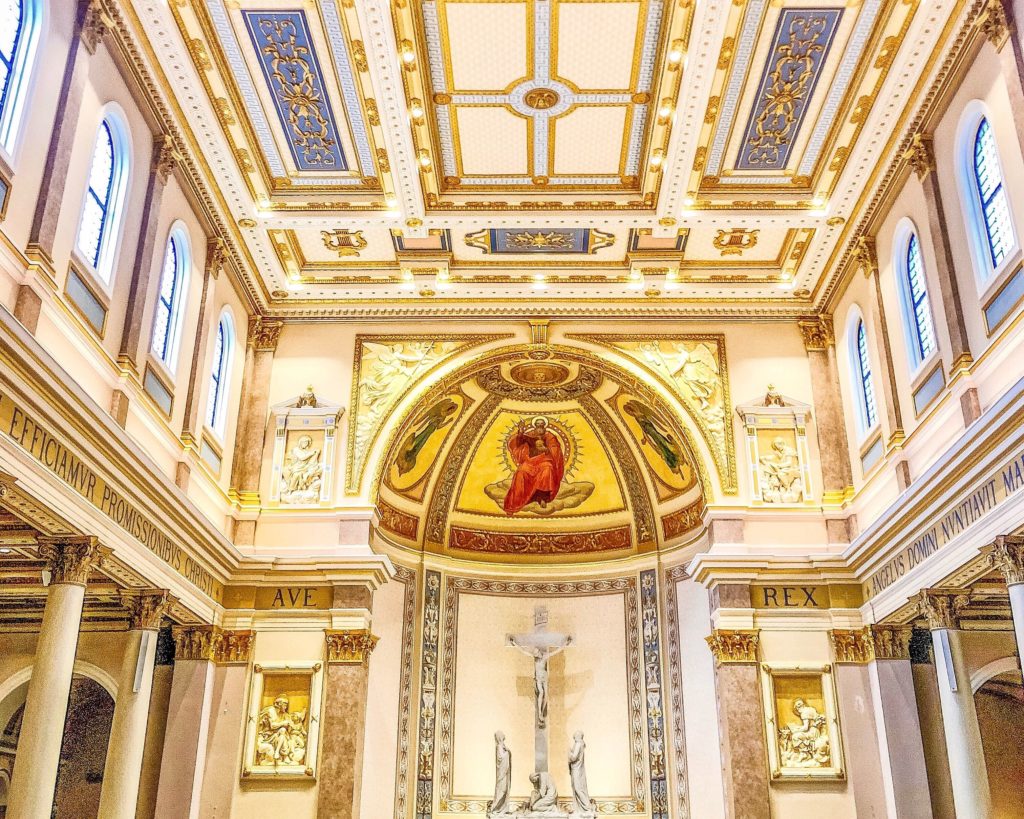
This week is Holy Week, the religious observance of the days leading up to Easter, and Christians in Middle Tennessee are struggling with the new reality of social distancing. Many churches are feeling a loss.
Holy Week in the Catholic Church usually begins with a priest greeting packed pews of worshippers with a cheery “Hosanna!” Typically, parishioners respond loudly, but this year, it’s a priest and a deacon, alone.
“Truly, as a bishop, as a priest, as a fellow Christian Catholic, this separation is difficult,” says Diocese of Nashville Bishop J. Mark Spalding.
Local parishes have been livestreaming Mass to comply with the city’s safer at home order, but there’s an important element missing. Parishioners can’t participate in communion, or the Eucharist. It’s so important to Catholics it’s considered a sacrament, up there with baptism and marriage.
“The Eucharist is what is the core of our faith because we believe it to be the very presence of Christ himself,” Bishop Spalding says.
Catholics aren’t the only ones experiencing a loss. Across Middle Tennessee, churches have cancelled Easter egg hunts and sunrise services.
Julie and Joshua Donini are members of St. Elizabeth Orthodox Church in Murfreesboro. Holy Week for the couple and their three children is typically filled with about 40 hours of worship. The lamentations service – a funeral procession of sorts – is the hardest one to imagine going without.
“We gather around the tomb. There’s tons of candles, and we’re singing,” Joshua explains.
“And we would throw flowers and herbs in the air.” Julie adds, pausing when her voice breaks. “Ooh, I didn’t expect to get choked up,” she says through tears, “but we are going to miss it.”
The physicality of Orthodox worship makes it even harder to participate at home, but the family says their faith is still with them.
“You know, God has not left us or anything of that nature, but this is really something that we look forward to every year. This is the time,” Julie says.
“We’ll be, as they say, together in spirit,” says Joshua, “but it’s not the same.”
Orthodox churches typically follow versions of the Julian calendar, so Holy Week will begin for the Doninis one week later, just as the cases of coronavirus are expected to peak in the state.
Correction: An earlier version of this story misstated how Orthodox churches reckon holidays. They typically use versions of the Julian calendar, not the Gregorian.

